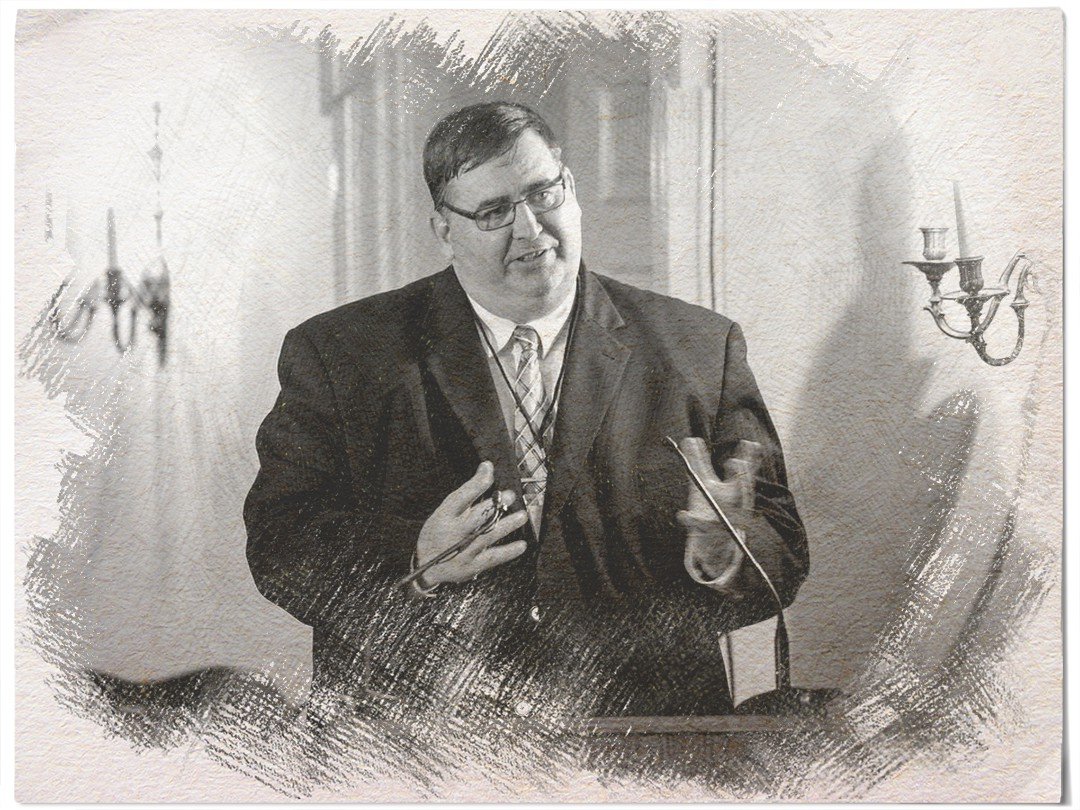The Journal of Financial Planning published Dick Wagner's seminar article, "To Think...Like a CFP" in 1980. The article calls for financial planning to become a true profession, and upon reading this article nearly 10 years ago I was spurred on to assist financial planners to achieve that goal.
As part of the article, Dick Wagner wrote: "A true profession and its standards are important enough that its principles generally will prevail—often at the expense of apparent self-interest. Certain types of employment will be refused, certain procedures will be unacceptable under any circumstances. Financial sacrifices will be made in the course of these decisions. However, the ultimate financial impact will be positive because consumers will know what to expect and will have made the informed decision to pay for it!"
There are two important dimensions of the foregoing statement by Dick Wagner.
First, a true profession, which embraces the fiduciary principle, imposes restrictions upon business models. No longer should a financial planner, or an investment advisor, or anyone else providing "personalized investment advice" about securities - whether it be to plan sponsors, plan participants, or retail clients, put himself or herself in a situation in which the client's best interest is not kept paramount. This may require avoidance of certain conflicts of interest. This may compel certain business models, or at least certain business practices, within the securities industry, to fade to the background.
Second, Dick notes that should a profession adhere to the professional standards of conduct, "consumers will know what to expect and will have made the informed decision to pay for it." In a sense, Dick Wagner is suggesting what all true professionals know - if you keep the standards of the profession high (such as the embrace of a strong fiduciary standard), then consumers will trust the profession more, which will lead to greater usage of the profession's services.
Richard B. Wagner, JD, CFP(r)'s article is just as relevant today, as we discuss the application and implementation of the fiduciary standard upon all providers of investment advice (whether such advice is provided to retirement plan sponsors, retirement plan participants, IRA account holders, or other retail customers).
Often I hear the securities industry state: "Don't disturb our business model. Don't limit consumer choice."
Yet, if we want to become a true profession, we must recognize the professional principles at play, and demand of our industry organizations, and through them state securities regulators, the SEC, and DOL/EBSA, that the standards of conduct applied to investment and financial advisory activities be at the level deserving of a true profession - i.e., bona fide fiduciary standards of conduct.
The securities industry must recognize that the fiduciary standard operates as a constraint on greed. Through its application certain insidious business practices - such as payment for shelf space, the receipt of soft dollar compensation far in excess of the value of research supplied to mutual funds, and "double dipping" of fees, are prohibited under such a standard.
We must all recognize that true professionals are experts (and receive substantial training before practicing as such, and pass licensure exams, etc.). With such a high level of expertise professionals deserve professional-level reasonable compensation.
Of course, the emergence of a true profession is what Wall Street fears most. The imposition of a fiduciary standard of conduct, through its restraint on greed, prevents Wall Street from extracting excessive rents. More of the returns of the capital markets flow through to the individual investor. And Wall Street's core business model, based upon the selling of expensive products, and/or excessively touting IPO's from which large investment banking fees are generated, largely disappears. IPO's receive greater scrutiny, from expert "purchaser's representatives." All investment product manufacturers, and their distributors, face increased pressure to lower management and other types of fees and costs associated with pooled investment vehicles.
For the entire article by Dick Wagner, please visit: http://www.fpanc.org/new/fpanc/To%20Think.pdf?advisorid=331188. It remains just a compelling read, today, as it was 33 years ago.
To receive updates of new blog posts, follow Ron Rhoades on Twitter (@140ltd) or connect with him via LinkedIn. Thank you.

No comments:
Post a Comment
Please respect our readers by not posting commercial advertisements nor critical reviews of any particular firm or individual. Thank you.